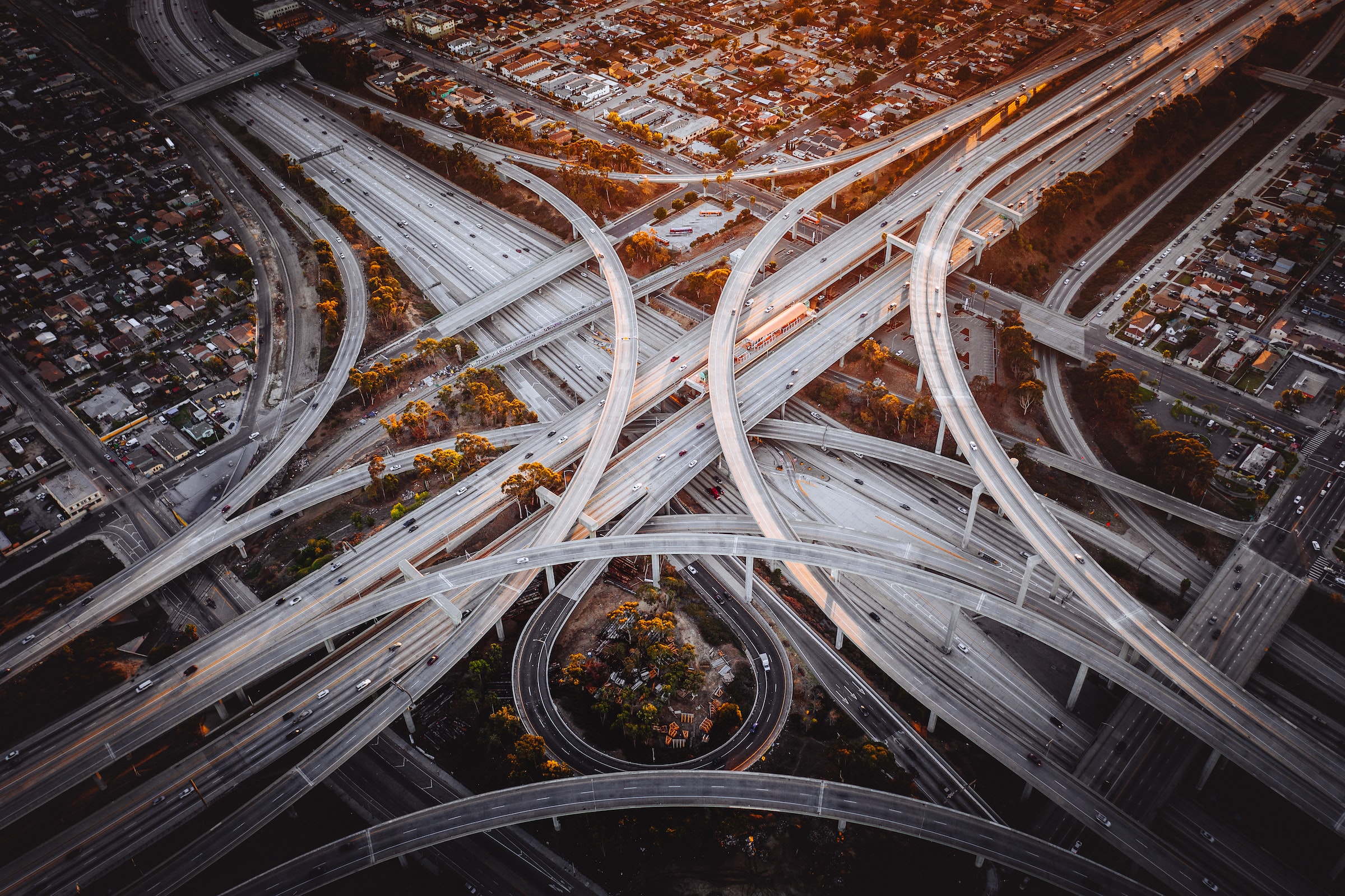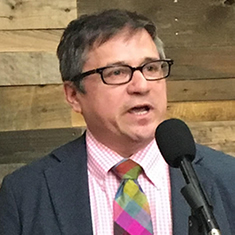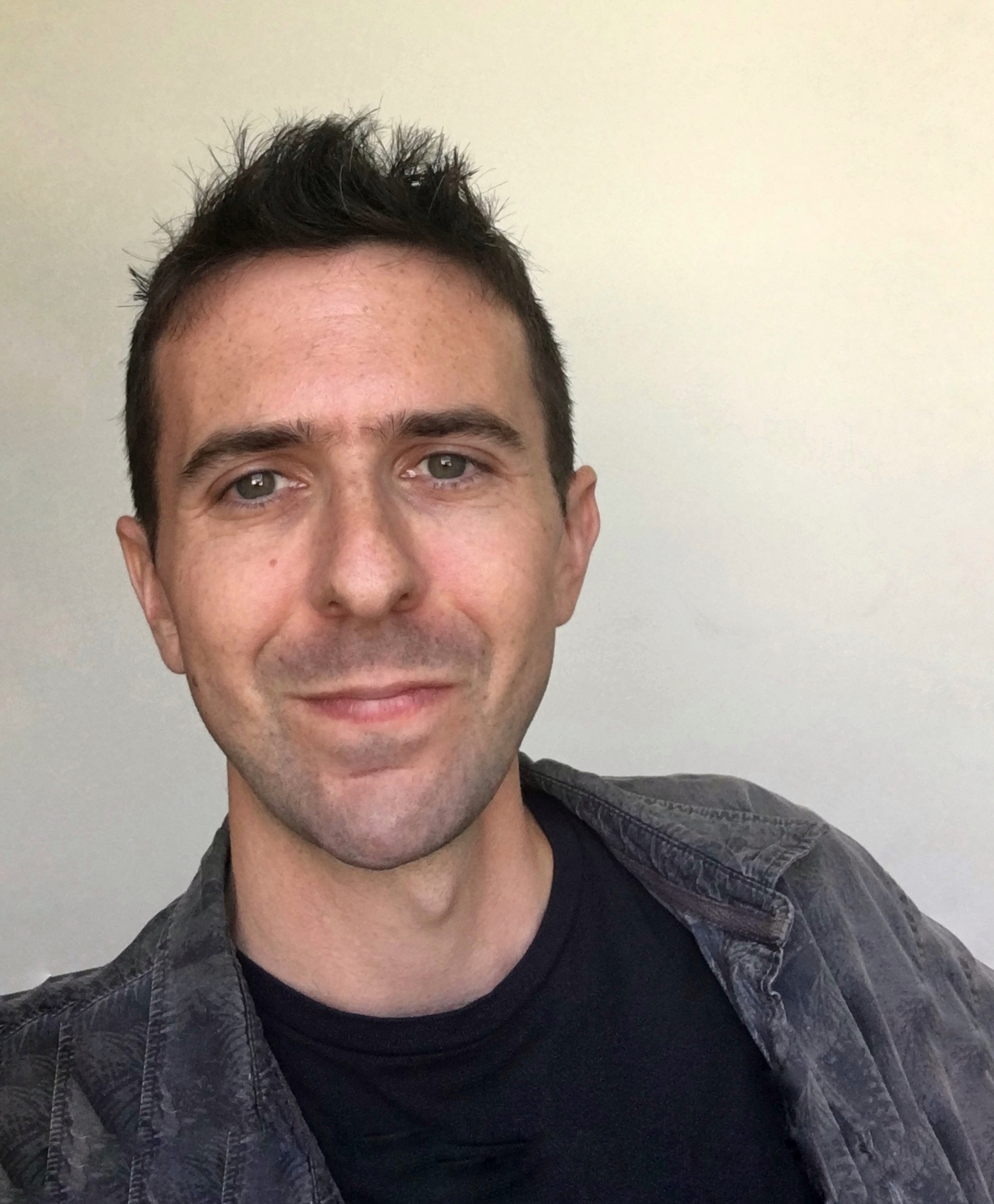
Highway Boondoggles
Year after year, state and local governments propose billions of dollars’ worth of new and expanded highways that often do little to reduce congestion or address real transportation challenges, while diverting scarce funding from infrastructure repairs and key transportation priorities.
Downloads
Since 2014, PIRG has documented 73 wasteful or unnecessary highway projects, originally slated to cost a total of at least $173 billion. Learn about projects in your area using the map and search tool below.
The $1.2 trillion bipartisan infrastructure bill signed into law in November 2021 provides a previously near-unimaginable opportunity to invest in transportation in America. States now face a choice: spend this money to address real and critical needs with our transportation system, or squander it on wasteful boondoggle projects that double down on the failed transportation strategies of the past.
The federal dollars made available through the infrastructure deal could be spent on fixing our aging roads, making our streets safer, and providing options for Americans to travel without needing a car. In reality, many states have opted instead to spend this money on building and expanding highways – despite decades of evidence that highway expansion fails to address traffic congestion.
In FY 2023, as of the end of May, states had committed $26.6 billion in highway and bridge formula funds to support over 19,300 new projects, on top of the $53.5 billion invested in more than 29,000 projects in FY 2022. While many of these projects include major necessary repairs and rehabilitation, many include expansion of highway capacity. Of the top 20 largest projects supported by formula funds provided through the Infrastructure Investment and Jobs Act (IIJA) to date, at least 17 include the widening of existing highways.
Highway Boondoggles 8 highlights seven wasteful highway construction and expansion projects – some of which have been given new momentum by an influx of transportation dollars provided through the 2021 Infrastructure Investment and Jobs Act (IIJA). These projects, slated to cost a total of more than $15.9 billion will harm communities and the environment, while likely failing to achieve goals such as reducing congestion or improving safety.
Highway expansion harms our health and the environment, doesn’t solve congestion, and creates a lasting financial burden for the public.
- Expanding a highway sets off a chain reaction of societal decisions that ultimately leads to the highway becoming congested again – often in only a short time. Since 1980, the U.S. has added well over 870,000 lane-miles of highway – paving more than 1,648 square miles, an area larger than the state of Rhode Island – and yet, prior to the COVID-19 pandemic, congestion on America’s roads was worse than it was in the early 1980s.
- Highway expansion fuels additional driving that contributes to climate change. Transportation is America’s number one source of greenhouse gas emissions, accounting for 28% of the nation’s total emissions in 2021.
- Air pollution from transportation causes tens of thousands of deaths in the U.S. each year and makes us more vulnerable to a range of health problems, including asthma, impaired lung function, coronary heart disease and strokes.
- Highway expansion can cause irreparable harm to communities – forcing the relocation of homes and businesses, widening “dead zones” alongside highways, severing street connections for pedestrians and cars, reducing cities’ base of taxable property and overall community value, and stripping communities of their economic vitality.
- Building new roads diverts billions of taxpayer dollars from repairing existing ones. More than 162,000 miles of major U.S. highways are in “poor or mediocre” condition and need repaving or “even more substantive” repairs. Approximately 7% of the nation’s bridges are considered “structurally deficient.”
Roughly 21% of all federal funds spent on highway projects over the last decade have gone toward adding capacity, such as a new lane or major widening, to an existing roadway. In addition to the one-time costs of construction, these projects will cost taxpayers billions of dollars over the years to maintain, saddling future generations with expensive maintenance needs.
With more funding available than ever before to spend on addressing the real priorities of 21st century transportation, federal, state and local governments should stop or downsize unnecessary or low-priority highway projects. Specifically, policymakers should:
- Invest in transportation solutions that reduce our dependence on automobile travel. States should redirect IIJA funding and their own funds away from boondoggle projects and toward projects that expand transportation choices, prioritize repair and rehabilitation and reduce vehicle-miles traveled. Investments in public transportation, cycling and pedestrian infrastructure, transport demand management and other measures reduce the pressure on congested highways, as well as delivering significant public health and environmental benefits.
- Adopt fix-it-first policies that reorient transportation funding away from highway expansion and toward repair of existing roads and investment in other transportation options.
- Use the latest transportation data and require full cost-benefit comparisons, including future maintenance needs, as well as socioeconomic benefits and impacts, to evaluate all proposed new and expanded highways. Public officials should ensure that all evaluations of proposed projects use up-to-date travel information and reflect a range of potential future trends for housing and transportation.
- Review the purpose and need of key transportation funding programs and the conditions attached to funding awards made through these programs, for example adding conditions that must be met before considering building new roads, as opposed to simply providing a blank check for state and local transportation authorities.
- Invest in research and data collection to better track and react to ongoing shifts in how people travel.
Topics
Authors
James Horrox
Policy Analyst, Frontier Group
James Horrox is a policy analyst at Frontier Group, based in Los Angeles. He holds a BA and PhD in politics and has taught at Manchester University, the University of Salford and the Open University in his native UK. He has worked as a freelance academic editor for more than a decade, and before joining Frontier Group in 2019 he spent two years as a prospect researcher in the Public Interest Network's LA office. His writing has been published in various media outlets, books, journals and reference works.
Andre Delattre
Senior Vice President and Chief Operating Officer, Program, The Public Interest Network
Andre directs The Public Interest Network's national campaign staff and programs. His previous roles include national organizing director of the Student PIRGs and executive director of PIRG. He also serves on the executive committee of the Financial Accountability and Corporate Transparency (FACT) Coalition. He lives in Chicago with his wife and daughter, and is an avid cyclist and chess player.
Find Out More
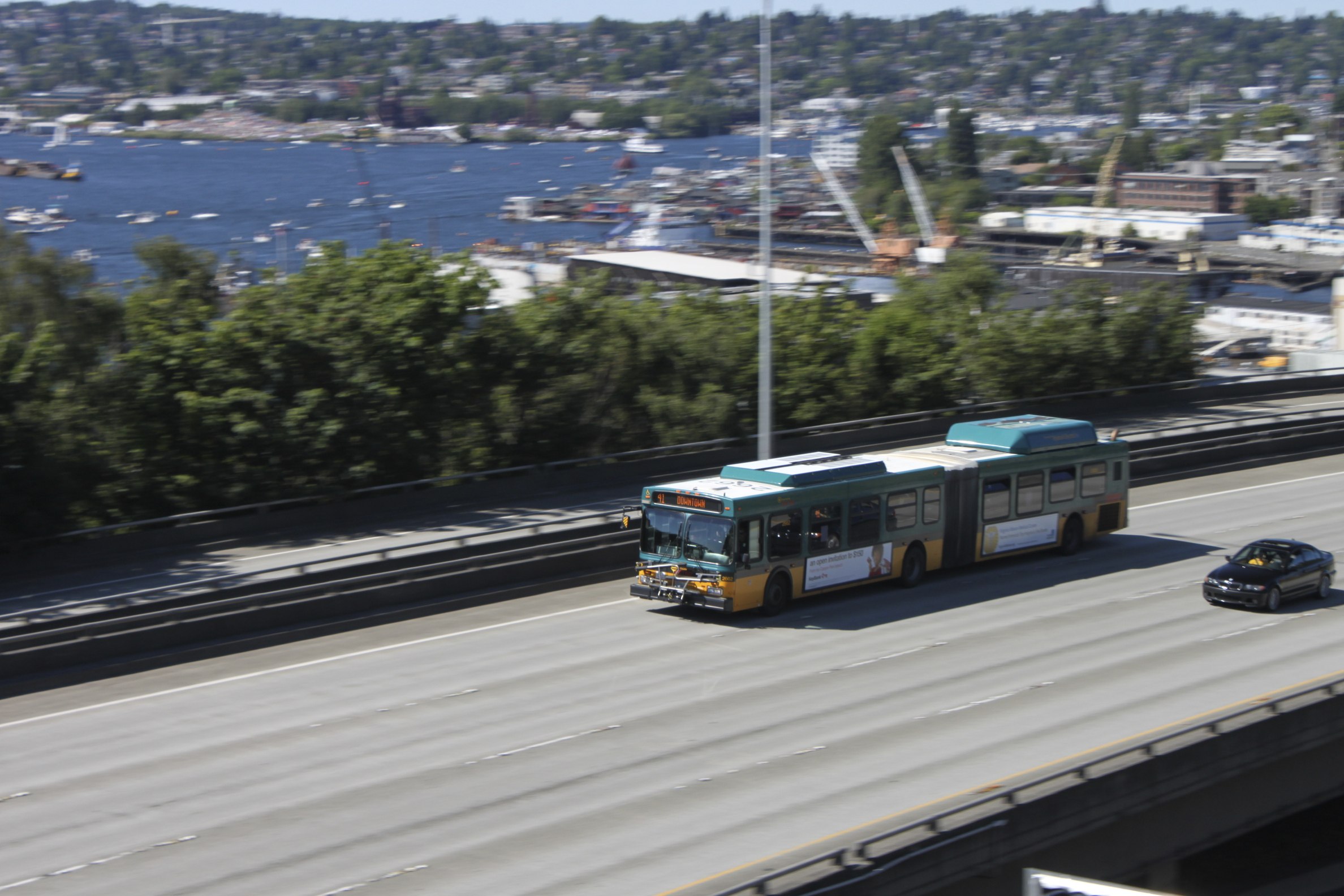
Less driving is possible

How much land will a renewable energy system use?
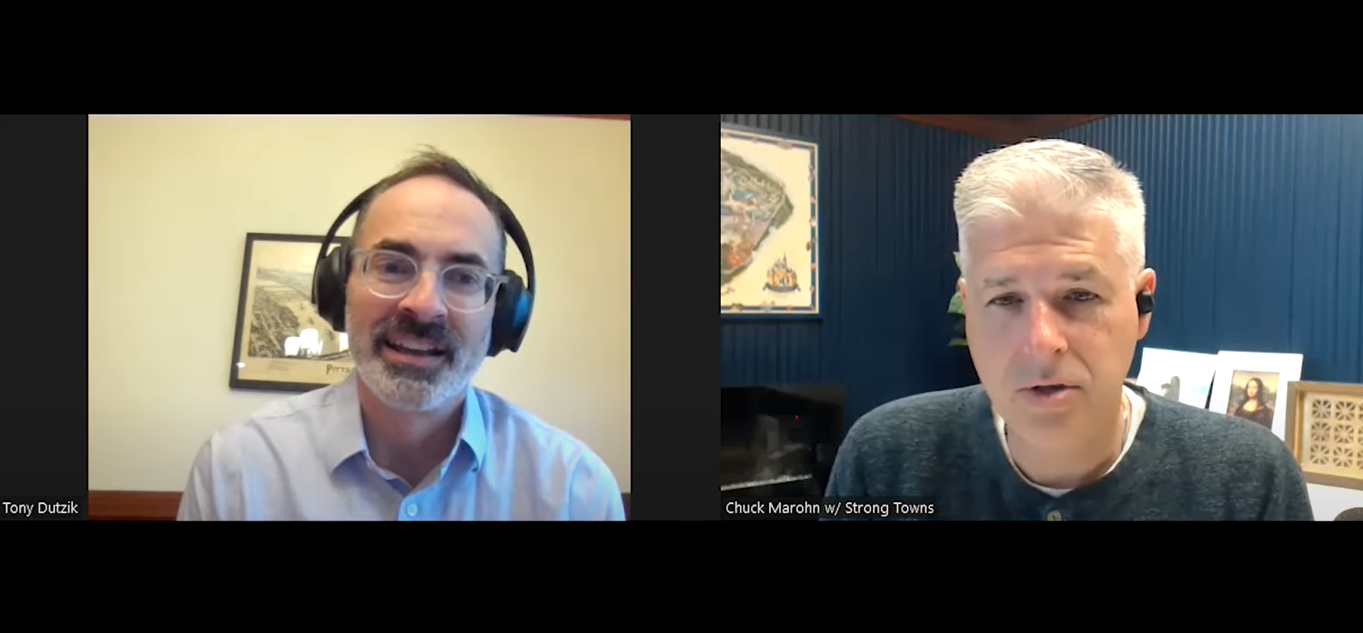
Highway Boondoggles report on Strong Towns podcast


